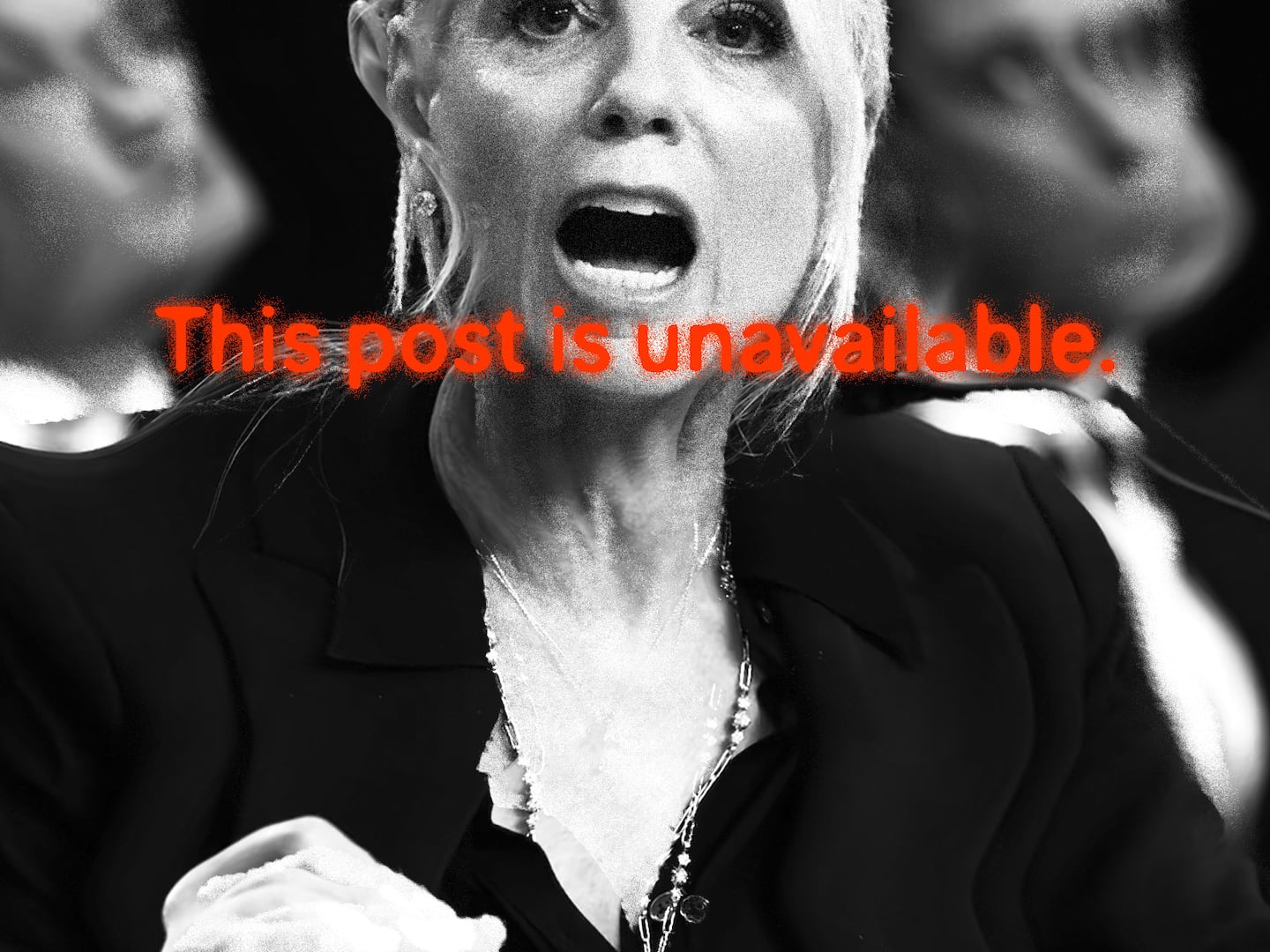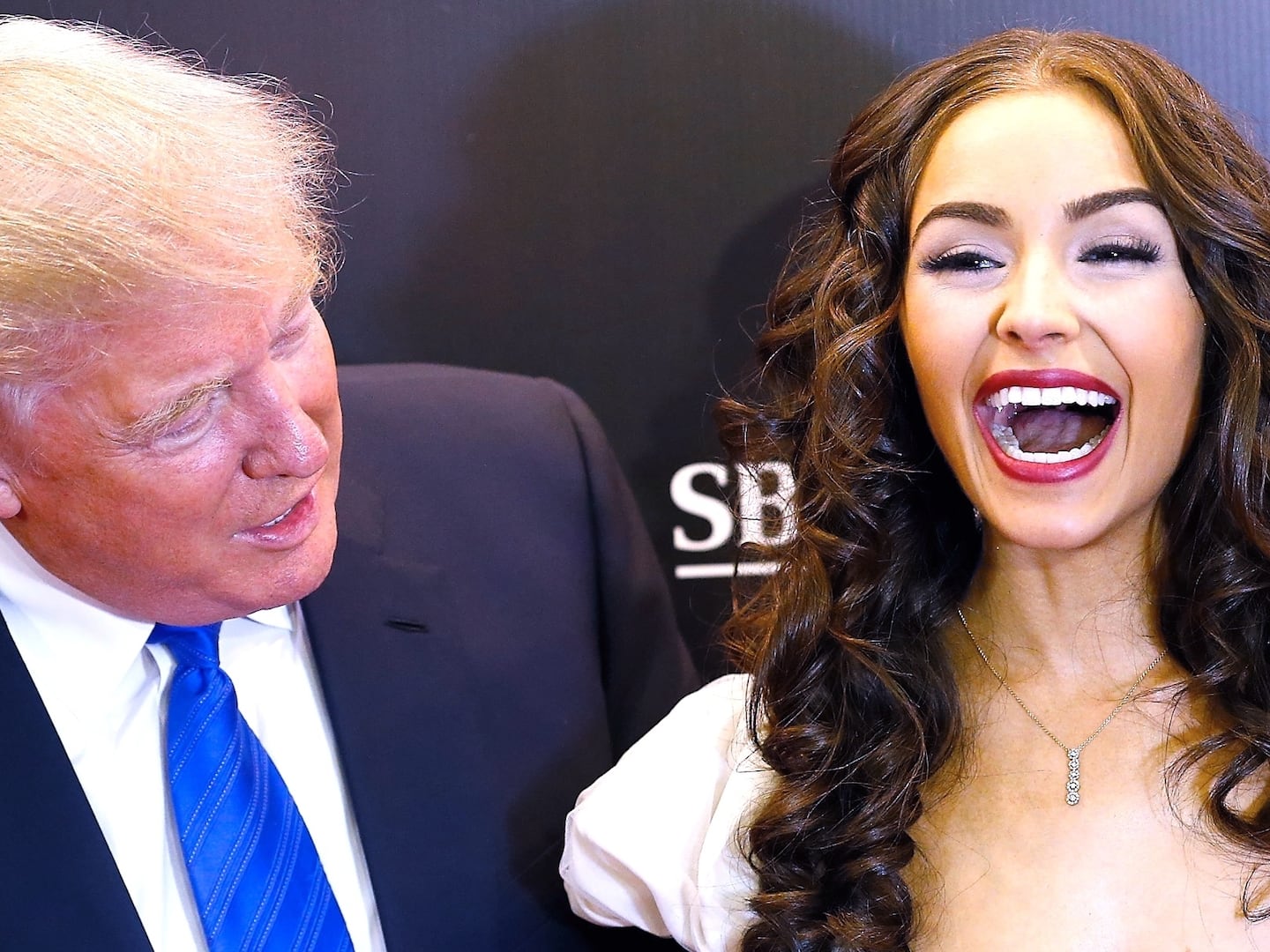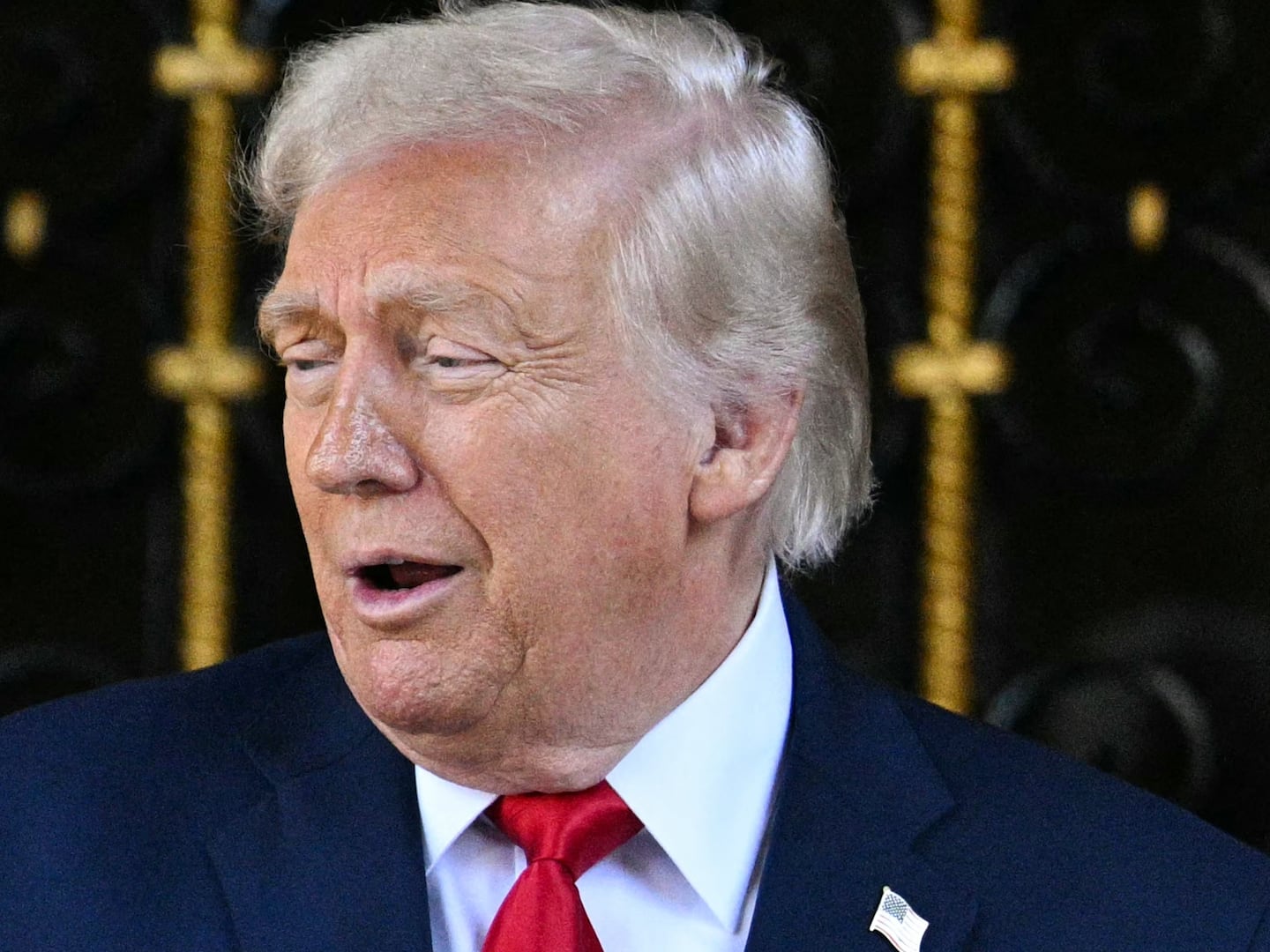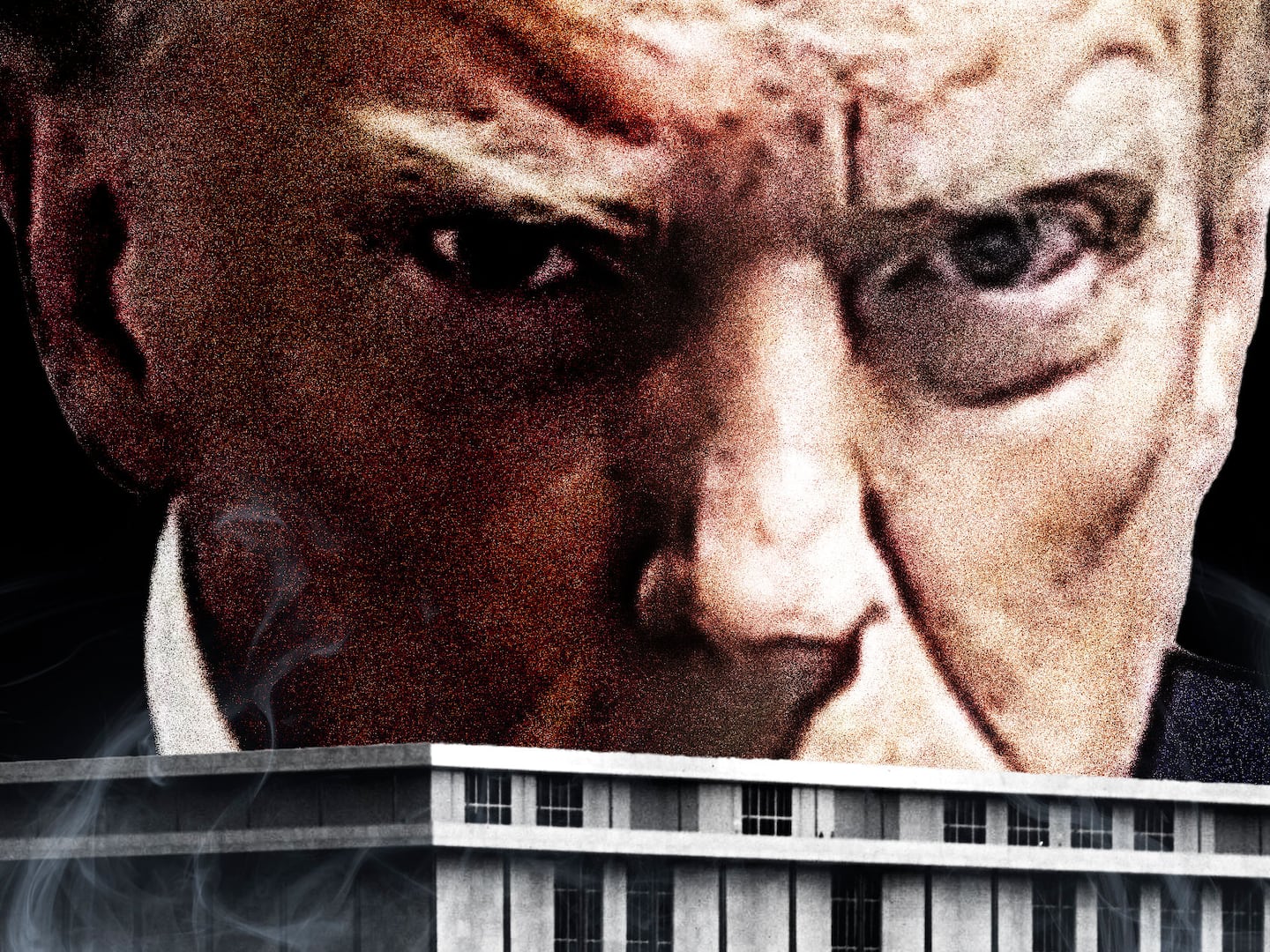
Even in highly partisan Washington, group think can drive policy, especially when the target is another country whose citizens cannot vote in our elections. That is what is going on now when it comes to pressuring China to revalue its currency, the renminbi ( RMB.) In this case, despite the consensus for bashing China, the U.S. economic establishment is badly mistaken in its approach, and is risking a damaging trade war and a double-dip recession.
China believes that the U.S. is mistakenly and scandalously holding it responsible for deep-seated made-in-America problems.
President Obama, Treasury Secretary Geithner, a host of congressmen and senators, large swaths of American industry, labor unions, a number of prominent economists, and The New York Times editorial board are all demanding that Beijing delink the RMB from the U.S. dollar, now set by Beijing at a ratio of 6.8 RMB to $1, and allow the RMB to strengthen substantially vis-à -vis the greenback. On Wednesday, the House Ways & Means Committee will add additional pressure by holding high-profile hearings on China’s currency policy. The big precipitating event, however, is a biannual report that the Treasury must file by April 15 declaring whether or not China is manipulating its currency for unfair advantage—that is, keeping it artificially low to make its exports cheaper and its imports more expensive than either would otherwise be. If the U.S. declares China a “currency manipulator” in that report, the Treasury will be obligated by federal law to enter into immediate negotiations with Beijing to rectify the problem. If China does not bend, then the U.S. would proceed to impose a hefty across-the-board tariff on all Chinese goods entering America.
Washington’s motivations are clear. It is not just the 9.7 percent current unemployment rate, but the decade-long stagnation of middle-class wages that is bedeviling U.S. policymakers. So who to blame? China is a sitting duck, given that its exports constitute the largest portion of our non-oil trade deficits and that it seems to be getting very rich off us, amassing well over $2 trillion in foreign-exchange reserves.
I just returned from two weeks in Shanghai, Beijing, and Hong Kong, where I had a chance to speak to many Chinese officials off the record. The information I gathered wasn’t new to me— I’ve spend two decades working on China-related issues—but did bring a number of things into focus. Here’s why I think Washington is way off the mark in its pressuring China on the exchange rate with such intensity, and why its gunboat international economic policy is so dangerous:
First of all, if China moves its rate a few percentage points—which is the most that will happen, believe me—then such changes will hardly affect U.S. trade balances. The reason is that China’s costs are a fraction of ours—labor rates that are, say, 10 percent, salaries for scientists that earn about $12,000 annually. If Chinese goods became a bit more expensive in the American market because its currency appreciated, it may not affect its competitiveness at all; if it did, then Vietnam or other low-price locations would fill the vacuum. They would be aided by Wal-Mart and other U.S. companies, dedicated to giving American consumers rock-bottom prices. China is understandably worried that lack of concrete results would only lead to more and more pressure.
China also believes that the U.S. is mistakenly and scandalously holding it responsible for deep-seated made-in-America problems. Whose fault is it, they ask, that Americans have over-consumed with the use of easy credit, let their manufacturing industry wither as they geared their economy so disproportionally to financial services, and therefore run large trade deficits? Who but Wall Street and U.S. regulators are responsible for the global financial meltdown that created the current recession here, and the massive debts that are its legacy and that are now forcing us to cut back on the very foundations of U.S. future competitiveness—such as truncating school programs or failing to even repair our infrastructure, let alone building what is needed for the 21st century?
Strange as it may seem to us, China has a job problem, too. During the height of the financial crisis, it dismissed 20 million migrant laborers in the urban areas and sent them back to dirt-poor villages from where they came. Beijing worries now that its labor-intensive exports work on a razor-thin margin of 2 to 3 percent, and that a stronger RMB would create another large scale wave of dismissals. In fact, the ruling Communist Party has no political legitimacy except for delivering ever increasing economic benefits. If Chinese leaders fail to do that, major social unrest could result. So, like Obama, the perceived political stakes in the currency dispute are very high.
There are other arguments to be made that the justification behind the American juggernaut is not as one-sided as it would seem from the U.S. perspective. But the bigger point is the risk involved in this building confrontation. A slugfest between the world’s two most important trading nations over currencies is bound to send shivers through the financial markets and rattle an already fragile global economy. It could fan serious protectionism that lies just below the surface because of very slow growth in the U.S., Europe, and Japan, and the obsession with generating jobs in the entire developed world. Every country is trying to use exports to create jobs, including China, but also the U.S., where President Obama has touted a plan to double exports in five years, a 15 percent annual increase that has to be based on the assumption—not yet made public—that the dollar will appreciably sink and that other nations won’t vigorously match whatever we are doing. But the euro is sinking, too. And the Japanese finance minister is saying that the yen is much too strong. This all hints at an era of competitive devaluations, the scourge of the 1930s.
It is of course easier for our politicians to understand an exchange-rate ratio than the more important but more complex questions of how to get Chinese savers to consume (and thereby import) more than they now do, by expanding Beijing’s social safety net so that Chinese citizens don’t think life is so precarious and feel freer to spend. It is also easier than our focusing on getting Americans to save more, by, say, having a value added tax that dampens consumption, or to induce Americans to produce things, by, for example, elevating high-tech manufacturing to a top national priority.
The big risk, however, is that the administration overplays its hand, and that China decides to fight back, even threatening to use its leverage as our No. 1 creditor to rattle our markets, which it could easily do with just a few ambiguous statements about where its future investments will or will not go. The Washington consensus is that China would never do that, because it is already so invested in the U.S. But what if that consensus is wrong?
Jeffrey E. Garten is the Juan Trippe professor of international trade and finance at the Yale School of Management and held foreign policy and economic positions in the Nixon, Ford, Carter and Clinton administrations.






